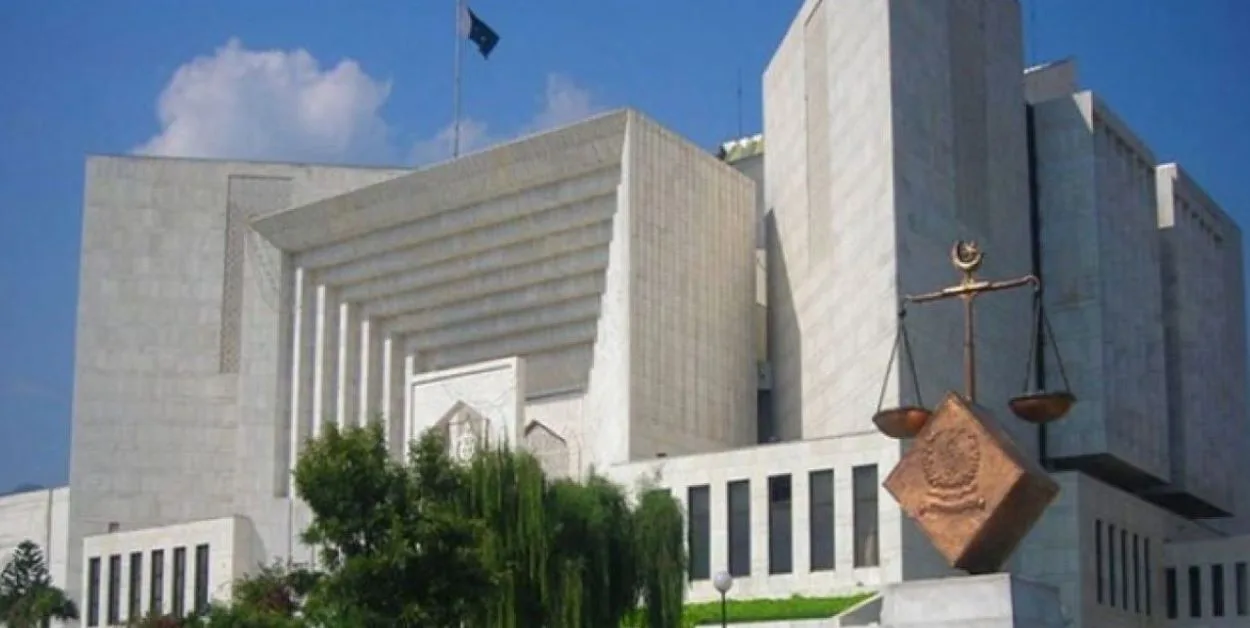The Supreme Court of Pakistan rejected a request to halt the trial of civilians in military courts.
The petitions opposing these military tribunals are being overseen by a six-member bench led by Chief Justice of Pakistan (CJP) Justice Umar Ata Bandial and including Justices Ijazul Ahsan, Muneeb Akhtar, Yahya Afridi, Sayyed Mazahar Ali Akbar Naqvi, and Ayesha Malik.
Pakistan’s Attorney General, Mansoor Awan, upheld the position that civilians can face trial in military courts under special circumstances, citing the “organized” plot behind the violence of May 9 as justification for such measures.
Awan explained that although many people were involved in the incidents, 102 individuals were specifically identified for court-martial. In response to a question from Justice Naqvi about the criteria used to determine who would face a military court, Awan referenced Section 2(1)(d) of the Army Act as the guiding principle.
The Constitutionality of Military Tribunals
The Attorney General also contended that the Army Act, which allows the trial of civilians in military courts, has applied to civilians even before the 21st Amendment, he argued, supersedes fundamental human rights.
The bench, however, denied the request from one of the petitioners, former Chief Justice Jawad S. Khawaja, for a stay order against military tribunals.
CJP Bandial questioned the necessity of a stay order when civilian trials had not yet commenced.
The government made the decision to prosecute suspects accused of attacking military installations on May 9 under army laws. These incidents, including attacks on Army installations and residences of Army officials, led to violent clashes throughout the country.
Various individuals, including PTI Chairman Imran Khan, legal expert Aitzaz Ahsan, and members of civil society, have challenged the constitutionality of these military tribunals in the Supreme Court.
The decision from the Supreme Court not to halt these trials represents a significant development in this ongoing controversy.






